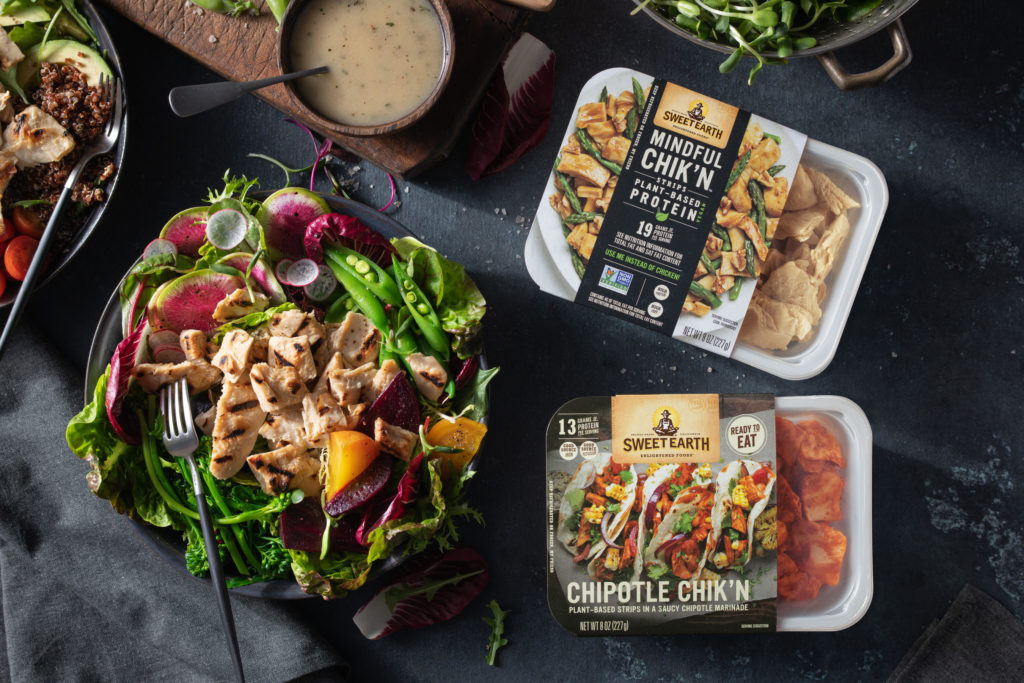Despite declining sales and category slowdown, food giant Nestlé is still keen on investing in plant-based alternatives to traditional meat. While the segment got attention during the COVID-19 pandemic, a top Nestlé executive said it remains a strong consumer trend and one the global food giant will continue to invest in, stating the segment could account for 30 to 40 percent of the global protein market.
“When craft beer came on the market, everybody wanted to have it,” Stefan Palzer, chief technology officer at Nestlé told Bloomberg in an interview. “Then there was a dip in demand and then it slowly grew back over many years to a significant business. I think that’s what we will also observe here.”
The previously fast-growing plant-based meat segment saw sales growth flatten last year after surging 45 percent in 2020. But the slowdown has hit several companies in the space particularly hard. Beyond Meat has cut its revenue projections and recently announced plans to lay off about four percent of its total workforce. Impossible Foods similarly announced its own round of layoffs, with about six percent of its employees being let go as part of a reorganization.
Related: Why Plant-Based Meat Sales are Stagnant in 2022
Maple Leaf Foods, whose plant-based alternative brands include Lightlife and Field Roast, has reallocated its resources to be consistent with a much smaller growth rate than anticipated. And last month, meat processing giant JBS shut down its plant-based business Planterra only two years after it made its retail debut.
Plant-based meat makers that benefitted from a greater emphasis on health in the early stages of the pandemic have struggled as inflation pushes consumers to less expensive options, including traditional meat. So, why does the largest food and beverage company in the world still believe in plant-based alternatives when the hype has largely died down?
“We believe in the potential,” Palzer said in the same interview. “But the potential is beyond the pure alternative ingredient. It’s to use plant proteins to innovate in many parts of our portfolio.” The food giant will continue to develop plant-based alternatives, but has also turned to products that use both animal and non-animal proteins, including plant ingredients in dairy protein drinks.
Nestlé’s journey into the plant-based space started in 2017 with its acquisition of Sweet Earth. While plant-based foods and beverages are a small part of the nearly $90 billion in sales that Nestlé recorded globally last year, it’s a key area of growth for the company. Since the acquisition, the company has expanded the plant-based brand into new categories like chicken, beef and deli meats to give consumers cutting back on animal-based products or forgoing them altogether more options.
Nestlé has also created plant-based extensions for popular brands like its Coffee mate and Starbucks creamers, while adding plant-based meat as an option in its DiGiorno Pizza and Stouffer’s Lasagna. Even though plant-based offerings may be a small part of sales for the company’s brands, they can be lucrative and important to growing the product line.
With its strong and broad portfolio, Nestlé is hoping that consumers will continue to demand plant-based alternatives within recognized brands.












Join or login to leave a comment
JOIN LOGIN